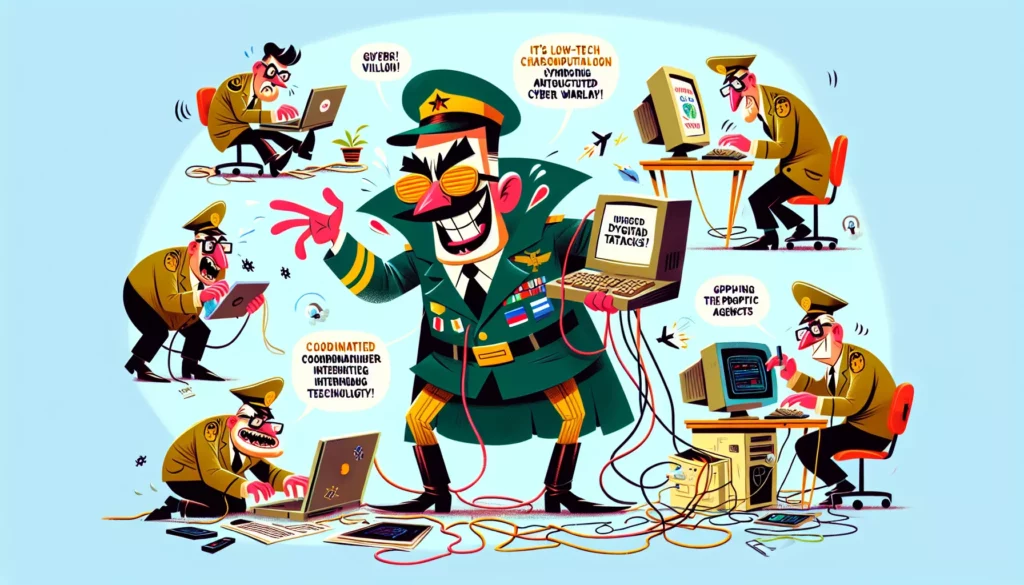Potential Asymmetric Warfare by a Militarily Degraded Iran: Implications for Proxy and Cyber Threats
Israel’s air assault on Iran has concentrated primarily on diminishing the Islamic Republic’s military capabilities and potential nuclear development. Actions taken in recent operations have successfully affected Iran’s ability to launch surface-to-surface missile strikes, which poses a significant threat to regional stability.
Through targeted strikes, Israeli forces have strategically aimed at critical infrastructure and military sites associated with missile development and deployment. This ongoing campaign represents a critical element of Israel’s broader defense strategy, ensuring that potential threats are neutralized before they can manifest.
The implications of these actions are profound, as they aim not only to weaken Iranian military capacity but also to deter any ambitions for nuclear armament. The operational effectiveness of the Iranian missile forces has been called into question, and the degrading of these capabilities signals a shift in the balance of power within the region.
The situation remains dynamic, with developments continuing to unfold. The response of Iranian leadership to these airstrikes, as well as the potential for retaliatory measures, will be essential to monitor in the coming weeks. The strategic interplay between Israel and Iran is likely to intensify, particularly as both nations navigate the complexities of military engagement and diplomatic negotiations.
Ultimately, the focus on military readiness and the ongoing efforts to fortify defenses against potential provocations underscore the critical nature of security considerations in this high-stakes environment.








